Fifteen community women are using micro-loans to start and build businesses. In this effort, MANDO teamed up with Investments for Developing Communities (IDC), a U.S.-based charity, to launch this approach in April, 2013. A year later it became the government-registered Paranae Self Help Women's Group.
MANDO links participants to consultants and trainers, engaging their women's support group around tough issues such as balancing time between family responsibilities managing a business – no small task after fetching water, cooking food, looking after livestock and other requirements.
Women are interviewed for their business goals and, if selected, receive training in savings, money management and bookkeeping. The 10,000 KES (USD $100) each receives is used to set up or improve stalls where they sell things at the market, buy goods to sell or supplies to create Maasai beadwork. New loans are branching out to farming and raising livestock.
The women meet regularly to record earnings, make loan payments and provide support to each another. A team of five remains together until the end of the loan cycle. Loan rates are 5% annually. Dedicated volunteer managers identify areas for improvment and enlist relevant expertise. Monthly seminars continue to build business skills and assess progress.
The near-term goal is to give access to credit, training and the means to improve quality of life. The long-term goal is to alleviate poverty and other socio-economic and cultural challenges Maasai women face.
Their households number between five and 10. Typical of recipients is Sawoi Ene Leipa shown at right making a payment on her loan. When Sawoi's husband died eight years ago, she became sole provider for her five children. With her loan, she is able to buy goods in bulk that she sells at the local market. Lower prices for the vegetables and nuts she retaails have increased her margin so that she can cover costs for two children in primary school. Income is used primarily for children's education or basics such as a tarp to cover a manyatta (hut) so it won't leak when it rains.
There are always more applicants than can be accommodated; these go on a waiting list. With more seed money, more could benefit from the micro-loan program.

